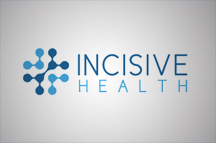Following football rather than twitter? Too focused on Rooney to retweet? Your twitter summary is here.
-
 The Department of Health’s 2013 stakeholder research is (genuinely) an interesting read.
The Department of Health’s 2013 stakeholder research is (genuinely) an interesting read. - The BMJ strengthens its focus on patient perspectives.
- An infographic to help see the benefits of cycling.
- Should obesity be classed as a disability? The European Court of Justice must decide.
- Two tweets on caring – the first on the NHS England Director of Patient Experience's first-hand experience, and the second on some facts and figures on caring around the country.
- The King’s Fund’s new graphic on approaches to health reform.
- What do we have in common with health reforms in China? Anything or everything?
- Andy Cowper’s take on Simon Steven’s Confed speech made us smile.
From America
- 1 in 3 American adults has pre-diabetes according to the CDC.
And finally...
- ManU announce partnership with… a pharmaceutical company.
Incisive Health is the new force in health policy and communications. In an NHS environment that is noisy, changing rapidly and where decision-makers are under intense pressure, policy communications need to be incisive to make an impact. We know how to cut through the noise and competing priorities to deliver results that enhance our clients' businesses and reputations and – ultimately – improve healthcare for patients.












